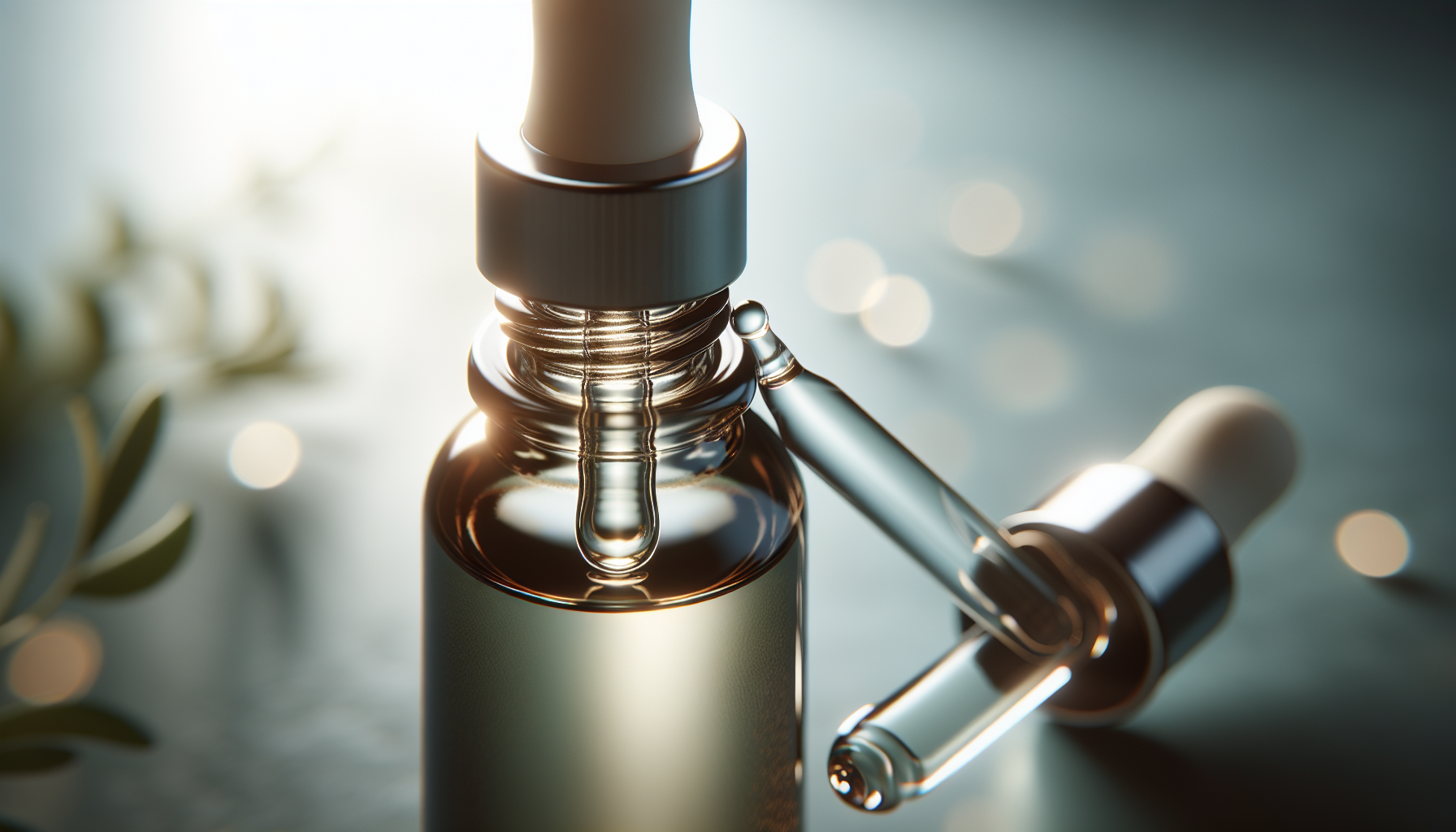Skin health is a critical aspect of overall well-being, influencing not just our appearance but also our systemic health and self-esteem. Among the myriad of natural remedies and skincare ingredients, tea tree oil has garnered significant attention for its potential benefits in skin health management, especially in controlling acne. This article delves into the science behind tea tree oil, its benefits for skin health, and its effectiveness in acne control.
The Potency of Tea Tree Oil
Tea tree oil, derived from the leaves of the native Australian plant Melaleuca alternifolia, has been used for centuries by indigenous communities for its healing properties. It contains a number of compounds, including terpinen-4-ol, which is thought to be responsible for most of its antimicrobial activities. In the context of skin health, tea tree oil has been studied for its antiseptic, anti-inflammatory, and anti-fungal properties, making it a versatile tool in the skincare arsenal.
Antimicrobial Action
The antimicrobial properties of tea tree oil can play a pivotal role in skin health, particularly in combating bacterial and fungal skin infections. Pathogens such as Staphylococcus aureus and Candida albicans can cause a range of skin issues, from minor irritations to severe infections. Tea tree oil’s ability to disrupt the cell walls of these microbes and inhibit their growth offers a natural, chemical-free option for prevention and treatment.
Anti-Inflammatory Effects
Chronic inflammation is a root cause of many skin conditions, including acne, eczema, and psoriasis. Tea tree oil’s anti-inflammatory properties help soothe the skin, reduce redness, and alleviate discomfort associated with these conditions. This makes it a beneficial component of a skincare routine focused on managing inflammatory skin diseases.
Acne Control
Acne is a common skin condition that affects millions of people worldwide. The antimicrobial and anti-inflammatory characteristics of tea tree oil make it an effective ingredient for acne control. Its ability to penetrate the skin and disinfect pores helps in reducing the severity and frequency of acne breakouts.
For a deeper understanding of acne and other skin health issues, readers can find valuable information on Skin Health.
Integrating Tea Tree Oil into Your Skincare Routine
Incorporating tea tree oil into your skincare routine requires careful consideration of your skin type and the oil’s concentration. It’s crucial to use diluted tea tree oil or products containing tea tree extract to avoid skin irritation. A patch test is always recommended before applying it to larger skin areas.
Cleansers and Topical Applications
Tea tree oil can be found in a variety of skincare products, including cleansers, toners, and spot treatments. Using a cleanser with tea tree oil can help remove impurities and excess oil, which contributes to acne. For targeted action, a tea tree oil spot treatment can directly address pimples and blemishes.
Moisturizers
For those with oily or acne-prone skin, selecting a lightweight, non-comedogenic moisturizer with tea tree oil can provide hydration without clogging pores. This can be especially useful in winter months when the skin may need extra moisture, as discussed in the article on Essential Tips for Winter Skin Care.
Masks and Steam Inhalation
Applying a face mask containing tea tree oil can offer a deep cleansing experience. Additionally, adding a few drops of tea tree oil to a bowl of hot water for steam inhalation may help in opening pores and clearing out impurities, although direct topical application is generally preferred for skin issues.
Safety and Side Effects
While tea tree oil is natural, it is not without potential side effects. Some individuals may experience skin irritation, allergic reactions, or contact dermatitis. It’s essential to start with a low concentration of tea tree oil and to never apply it undiluted directly to the skin.
Research and Evidence
Numerous studies have supported the benefits of tea tree oil for skin health. For instance, a study published in the Journal of Dermatology indicated that a 5% tea tree oil gel was effective in treating mild to moderate acne. Another study highlighted tea tree oil’s efficacy as comparable to benzoyl peroxide, a common acne medication, with fewer side effects.
For more scientific insights on the benefits of natural ingredients in skincare, the article on The Role of Antioxidants in Skin Care: Prevention and Repair provides a comprehensive overview.
External Resources
To further substantiate the points made, here are several niche resources:
- A dermatological research article exploring the efficacy of tea tree oil in treating acne.
- An ethnobotanical study detailing the traditional uses of Melaleuca alternifolia and its therapeutic potential.
- A clinical safety assessment providing information on the topical use of tea tree oil and its safety profile.
Conclusion
Tea tree oil offers a promising natural remedy for a variety of skin issues, including the control of acne. Its antimicrobial and anti-inflammatory properties can help maintain healthy skin and manage skin conditions effectively. However, it is crucial to use tea tree oil responsibly, understanding the potential risks and starting with lower concentrations to ensure skin compatibility.
Finally, as with any natural remedy or skincare treatment, it’s advisable to consult with a healthcare provider or dermatologist, especially for those with sensitive skin or pre-existing skin conditions. For insights into managing sensitive skin, refer to the article on Guidelines for Sensitive Skin Care and Reduction of Irritation.



